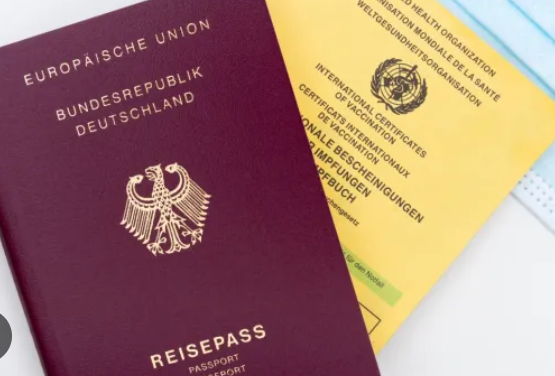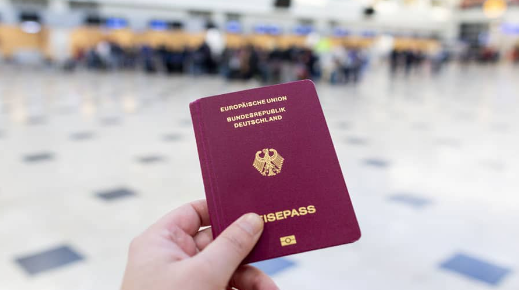
Germany Revolutionary Changes to Simplify Citizenship Acquisition
Germany Progressive Citizenship Reforms: A Paradigm Shift in Integration and Diversity
In the year 2022, a record-breaking 168,500 individuals were granted German citizenship, marking the highest figure since 2002. This significant uptick reflects a transformative legislative approach aimed at simplifying the citizenship acquisition process. German lawmakers, recognizing the evolving dynamics of migration and the global demand for skilled workers, have approved groundbreaking changes to ease citizenship rules and eliminate restrictions on dual citizenship.
The primary objective of these legislative amendments is to enhance the integration of immigrants and make Germany a more attractive destination for skilled professionals. The profound alterations in the citizenship criteria promise a more inclusive approach, fostering a sense of belonging and diversity within the German society.

One of the pivotal changes introduced by the legislation is the reduction of the residency requirement for eligibility. Individuals can now qualify for German citizenship after residing in the country for five years, or three years in the case of “special integration accomplishments.” This is a substantial reduction from the previous requirements of eight and six years, respectively. Additionally, the legislation ensures that German-born children automatically acquire citizenship if one parent has been a legal resident for five years, simplifying the process compared to the previous requirement of both parents being residents for eight years.
The removal of restrictions on dual citizenship is another significant reform. Previously, individuals from countries outside the European Union and Switzerland were required to renounce their previous nationality upon gaining German citizenship. The abandonment of this requirement reflects a shift towards greater acceptance of dual identities, aligning Germany’s policies with evolving global norms.
The surge in German citizenship grants in 2022 was notably driven by a substantial increase in the number of Syrian citizens naturalized. This underscores the positive impact of the reforms in attracting individuals from diverse backgrounds and creating a more inclusive national fabric.
Interior Minister Nancy Faeser emphasized that these reforms position Germany in alignment with its European neighbors, asserting that the country must extend an invitation to qualified individuals worldwide, mirroring practices in the United States and Canada. The overarching goal is to make acquiring German citizenship an attractive prospect for skilled professionals from across the globe.
Chancellor Olaf Scholz, in a video message, underscored the significance of the reforms in a time of heightened concerns over immigration. He conveyed a powerful message of inclusivity, stating that those who have lived and worked in Germany for decades, abiding by its laws, unequivocally belong in the country. The reform, according to Scholz, ensures that individuals no longer have to deny their roots, fostering a more open and welcoming environment.

In conclusion, Germany’s citizenship reforms represent a paradigm shift towards a more inclusive and diverse society. The alterations in residency requirements and the elimination of dual citizenship restrictions reflect a progressive stance, signaling Germany’s commitment to embracing individuals from various backgrounds. These reforms not only simplify the citizenship process but also send a powerful message of acceptance, unity, and global integration. As Germany positions itself as an international hub for talent, these changes lay the foundation for a more vibrant and interconnected future.
The impact of Germany’s progressive citizenship reforms extends beyond the numbers and legal frameworks; it heralds a new era of cultural richness and diversity. As the country embraces these transformative changes, the social fabric becomes more woven with the threads of various identities, creating a tapestry that reflects the interconnectedness of a globalized world.

The reduction in residency requirements acknowledges the contributions of individuals who have, for years, lived and worked in Germany. By streamlining the citizenship acquisition process, the reforms send a clear message that those who have dedicated their time and efforts to the country are valued members of the community. This inclusive approach not only strengthens the sense of belonging but also enhances social cohesion.
The elimination of restrictions on dual citizenship is a significant step towards recognizing the complexity of modern identities. As the world becomes increasingly interconnected, people carry multiple aspects of their heritage and experiences. The decision to allow dual citizenship reflects an understanding that individuals can contribute to German society while maintaining a connection to their roots, fostering a more open and tolerant environment.
For the latest updates-click here.


